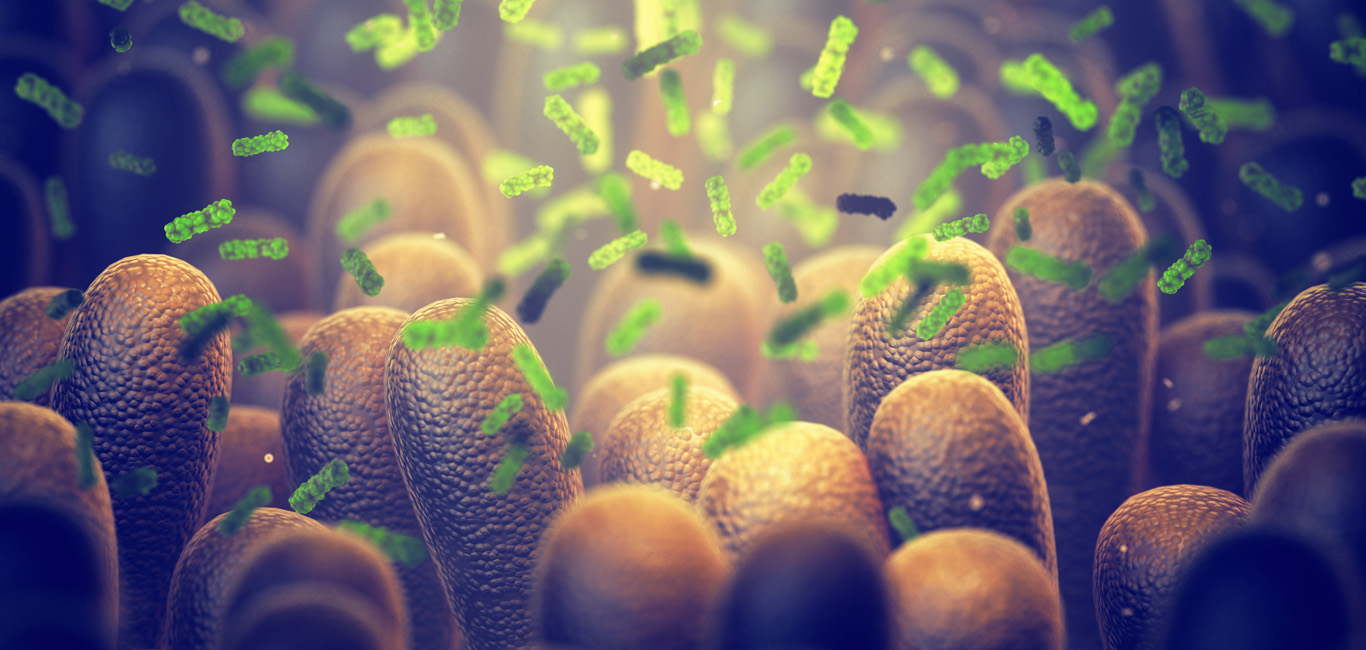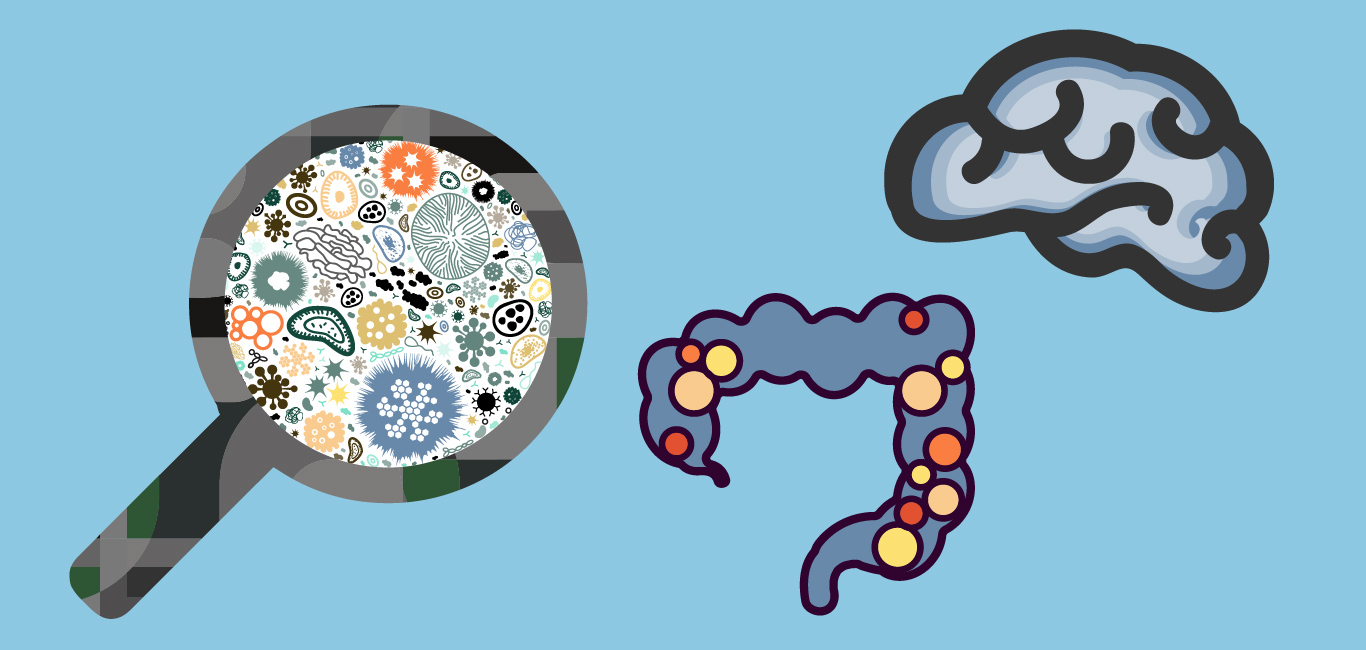
Antibiotics can be life savers. They are effective in wiping out the microbes that make us sick, but they can also take out some of the “good” microbes that live in our gut. This can leave us susceptible to developing inflammation and opportunistic infections like the Clostridium difficile (C. diff).
Overuse of antibiotics can also cause the emergence and spread of drug-resistant microbes.
To counter this, researchers at the Massachusetts Institute of Technology (MIT) have come up with a novel method to maintain the natural microbial flora in the gut, while also making sure the antibiotic that we take does its job.
They took bacteria commonly used in the dairy industry for curd and cheese production – Lactococcus lactis – and engineered them to break down antibiotics that reach the intestine.
To be taken with medicine
They hope that this “living” biotherapeutic can be given along with antibiotics to protect the gut microbiota while allowing the antibiotic to circulate in the bloodstream in a large amount.
James Collins, a professor of medical engineering and science at MIT’s Institute for Medical Engineering and Science (IMES) and a senior author of the study, says, “This work shows that synthetic biology can be harnessed to create a new class of engineered therapeutics for reducing the adverse effects of antibiotics.”
Role of the human microbiome
Decades of research have shown that the microbiome in the gut not only plays a role in metabolism but also in regulating the immune system and nervous system. Imbalance in the microbiome can have huge implications in health and disease.
“Throughout your life, these gut microbes assemble into a highly diverse community that accomplishes important functions in your body,” says lead author of the paper, Andres Cubillos-Ruiz. He is a research scientist at IMES and the Wyss Institute for Biologically Inspired Engineering at Harvard University.
“The problem comes when interventions such as medications or kinds of diets affect the composition of the microbiota and create an altered state, called dysbiosis. Some microbial groups disappear, and the metabolic activity of others increases. This imbalance can lead to various health issues,” he adds.
Also read: Antibiotic abuse alters the gut, raising diabetes risk
Infections from the bacterium C.diff arise when the bacteria competing with it are wiped out of the gut, causing diarrhoea and colitis. The only way to prevent further damage is to use probiotics, but this mixture of beneficial bacteria can be susceptible to antibiotics.
Gene code broken
This is where the idea for using engineered bacteria comes in. The scientists at MIT decided to engineer L. lactis bacteria to break down beta-lactam (found in commonly used antibiotics like ampicillin and amoxicillin) by producing an enzyme called beta-lactamase. This enzyme digests the antibiotics that reach the intestine, protecting the microbes living there.
Researchers were able to break up the gene that codes for the enzyme beta-lactamase into two fragments. This was done to ensure that these gene pieces would not be transferred to other microbes in the gut. The fragments were then transferred separately outside the cell, where they reassembled to form the enzyme.
The modified bacteria were tested in mice that had received an antibiotic injection. It was observed that the mice that received the engineered bacteria had a high concentration of the antibiotic in their blood stream. These mice also had a more diverse microbial population than the mice that only received antibiotics.
“This is a strong demonstration that this approach can protect the gut microbiota, while preserving the efficacy of the antibiotic, as you’re not modifying the levels in the bloodstream,” Cubillos-Ruiz says.
Human therapy will take time
With the results from this study, the researchers are now working on developing this treatment for humans – mainly for people who are at a high risk of developing disease caused by gut dysbiosis.
“If the antibiotic action is not needed in the gut, then you need to protect the microbiota. This is like when you get an X-ray, you wear a lead apron to protect the rest of your body from the ionising radiation,” Cubillos-Ruiz says.
However, engineered bacteria as therapeutics are still a while away as regulators like the US Federal Drug Administration are cautious. These advances will need to be studied and their safety evaluated in multiple clinical trials.
Currently even other classes of engineered live bacteria to treat human diseases are in early clinical development.
For now, the researchers are optimistic that the technology can make antibiotic use much safe by preserving beneficial gut microbes. It would also reduce the chances of antibiotic resistant variants of bacteria emerging, something that has given antibiotic use a bad rap.















